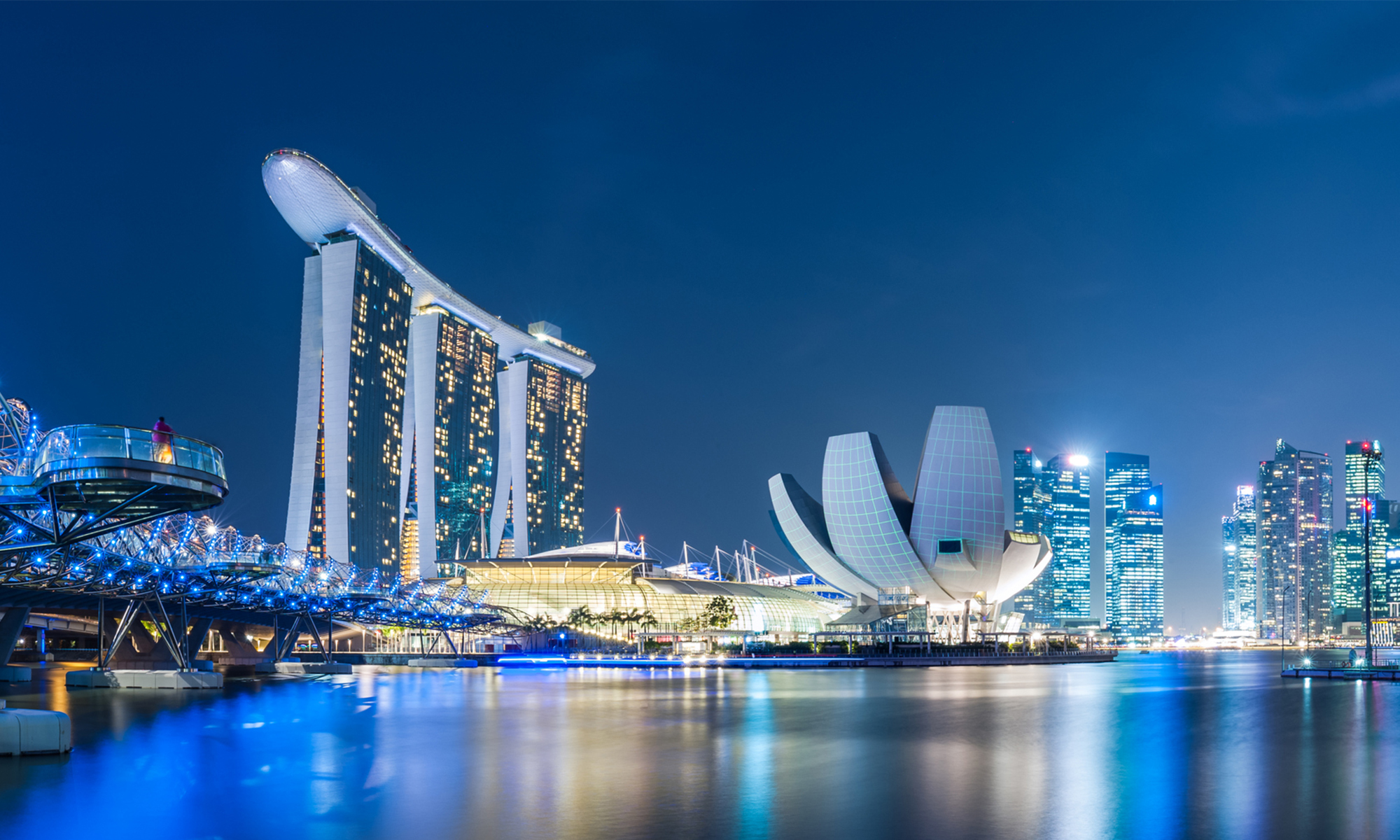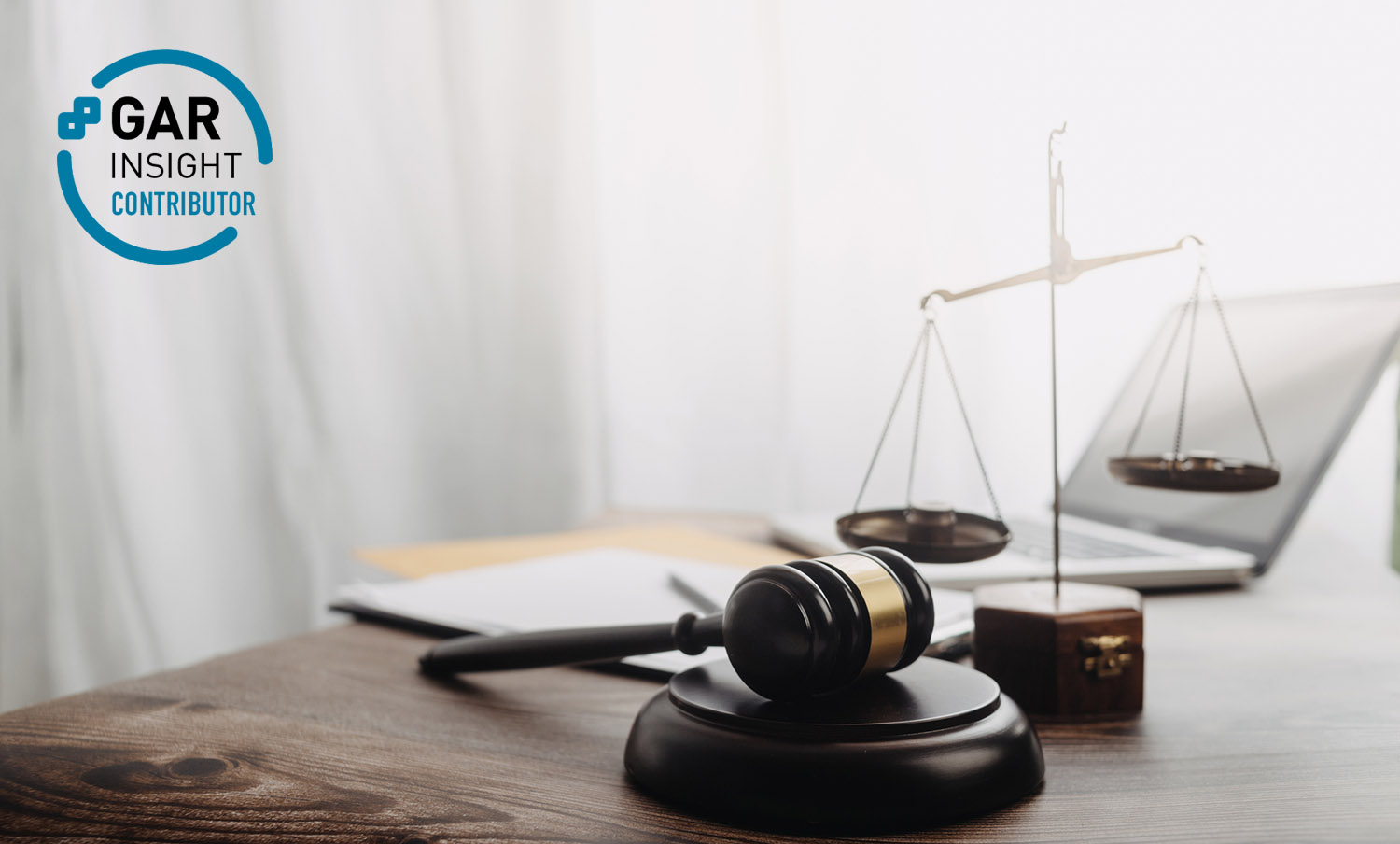OVERVIEW
Describe the general organisation of the court system for civil litigation.
The Supreme Court of Singapore and the State Courts of Singapore have jurisdiction to hear civil cases.
The Supreme Court comprises the Court of Appeal and the High Court (which itself is made up of the General Division, the Appellate Division and the Singapore International Commercial Court). The State Courts consist of the district courts, magistrates’ courts, coroners’ courts, small claims tribunals, community disputes resolution tribunals and employment claims tribunals.
Civil cases, where the value of the claim exceeds S$250,000, will be heard in the General Division of the High Court whereas civil cases where the value of the claim falls below S$250,000 will be heard in the district courts (S$60,000–S$250,000), magistrates’ courts (under S$60,000) or small claims tribunals (S$20,000 and under).
Civil cases are heard at first instance before a judge or magistrate and appeals may be brought up from the state courts to the High Court and ultimately to the Court of Appeal. Continue reading “GAR Know How Litigation: Singapore”

